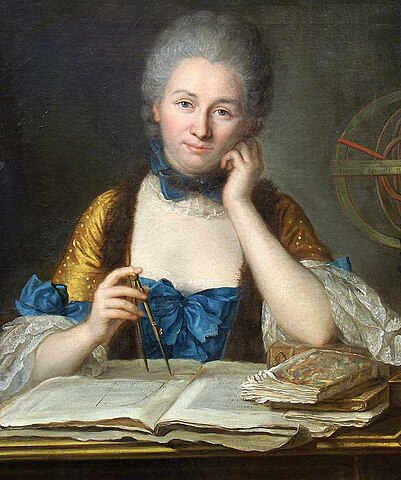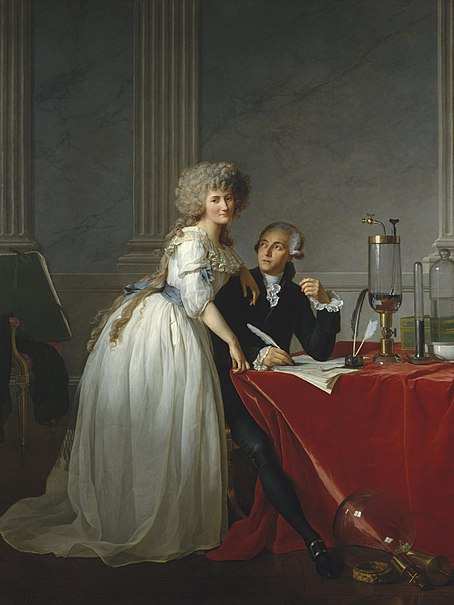
On February 18, The German-Southeast Asian Center of Excellence for Public Policy and Good Governance (CPG) presented a roundtable discussion on higher education reform at the Faculty of Law, Thammasat University. The CPG is an academic institute and think tank as well as a provider of advisory services and facilitator. The theme of the discussion was Promoting Academic Research: The Example of the Max Planck Society.
Among the speakers was Dr. Ulrich Loewenheim, Professor Emeritus of the Faculty of Law, Goethe University, Frankfurt, Germany. Dr. Loewenheim is also a member of the faculty of the Munich Intellectual Property Law Center, and adjunct professor at the University of Florida, USA. Dr. Loewenheim has served as a judge in the area of intellectual property at the Court of Appeals in Frankfurt. He has taught civil, commercial, industrial property, copyright, entertainment, and antitrust law. He was a visiting professor at Thammasat University in 1981, 1983, 1996, 1997, 1999, 2001, and 2002.
He was also visiting professor at the University of Tokyo and the University of Kyoto, both in Japan, University of Manila, Philippines, the National University of Singapore, the Hebrew University of Jerusalem, Israel, and the University of California at Berkeley, the University of Florida, Vanderbilt University, and Columbia University, all in the United States of America.
The Max Planck Society for the Advancement of Science was originally founded in 1911 as the Kaiser Wilhelm Society and renamed the Max Planck Society (MPS) in 1948 in honor of its president. Max Planck was a German theoretical physicist who was awarded the Nobel Prize in Physics in 1918. The MPS supports fundamental research in the natural, life, and social sciences, the arts and humanities.
The TU Library owns a number of publications from different branches of the MPS. These include the European Max Planck Group on Conflict of Laws in Intellectual Property, The Max Planck Institute for Comparative Public Law and International Law, The Max Planck Institute for Intellectual Property, Competition and Tax Law, and The Max Planck Institute of Economics.
The MPS now includes 84 institutions representing a wide range of scientific directions. Its institutes conduct basic research in biology and medicine; chemistry, physics and technology; and the human sciences, social sciences, cognitive neurosciences, and law.

According to its website, the MPS is
Germany’s most successful research organization. Since its establishment in 1948, no fewer than 18 Nobel laureates have emerged from the ranks of its scientists, putting it on a par with the best and most prestigious research institutions worldwide. The more than 15,000 publications each year in internationally renowned scientific journals are proof of the outstanding research work conducted at Max Planck Institutes – and many of those articles are among the most-cited publications in the relevant field. What is the basis of this success? The scientific attractiveness of the Max Planck Society is based on its understanding of research: Max Planck Institutes are built up solely around the world’s leading researchers. They themselves define their research subjects and are given the best working conditions, as well as free reign in selecting their staff… The currently 84 Max Planck Institutes and facilities conduct basic research in the service of the general public in the natural sciences, life sciences, social sciences, and the humanities. Max Planck Institutes focus on research fields that are particularly innovative, or that are especially demanding in terms of funding or time requirements. And their research spectrum is continually evolving: new institutes are established to find answers to seminal, forward-looking scientific questions, while others are closed when, for example, their research field has been widely established at universities. This continuous renewal preserves the scope the Max Planck Society needs to react quickly to pioneering scientific developments.
The MPS is particularly interested in inviting researchers from overseas as well as encouraging women scientists. Just over half of its scientists are from outside Germany. International Max Planck Research Schools recruit international Ph.D. students and visiting scientists. As of 2017, over one fourth of MPS employees were foreign nationals.
A Distinguished Leader
The President of the MPS is Professor Martin Stratmann, Ph.D. A chemist specializing in physical chemistry, Professor Stratmann has led an energetic campaign for open access to become the rule in scientific publishing. He considers open access research policies to be essential for research and innovation, especially as it can be achieved without extra financial investment. In March 2017, he wrote:
In this age of digitization, it is anachronistic for research findings to remain hidden behind electronic paywalls. Scientific cooperation, interdisciplinary and international exchange, data aggregation – all of these things are hindered by the artificial barriers erected by publishers with their subscription services… Access to research knowledge comes at a high price. In Germany alone the libraries of universities and research institutes spend around 200 million euro annually on subscriptions. Internationally, a total of 7.6 billion euros is paid to publishers in subscriptions. The price increases imposed by the three major international specialist publishers and their profits are outrageous. Quasi-monopolistic structures engender an imbalance of power in the negotiations, and it is essential that we redress this imbalance.

Professor Stratmann has also advocated for more opportunities for young scientists, especially women. As he said in June 2014:
I wish to make the Max Planck Society even more attractive to younger scientists who must come to regard the Max Planck Society as a home that offers them good prospects and opportunities to develop their own research. However MPG must acquire not just a younger but also a more feminine aspect! And it is already doing so! Now that we have a large number of women among our doctoral students and post-docs, we must once and for all ensure that they are willing and able to carry on working in science. We find ourselves here in competition with numerous business undertakings, and it is a contest we can only win by offering convincing alternatives. We need to offer a package that is genuinely attractive and persuasive to female scientists. I shall make every effort to achieve this, and on this basis we shall succeed. The subject of gender, however, will be with us for many years still, since even a strong Max Planck Society cannot entirely rewrite conditions in society.
One initiative that furthers this goal is the MPS’s Lise Meitner Excellence Program, named in honor of an Austrian-Swedish physicist who worked on radioactivity and nuclear physics. The program recruits and promotes exceptionally qualified female scientists. Applications for this year are open until March 15, in case any TU graduate or postgraduate students may be interested. Successful candidates will be offered an initial five year assignment at an appropriate Max Planck Institute at the equivalent of an assistant or associate professor level. The goal is to increase the number of female scientists in high-level positions.
Good results
As the MPS announced this month, last year was the first group of entries to the Lise Meitner Excellence Program. Almost 300 candidates applied for Group Leader positions from 42 countries. Twelve were appointed.

(All images courtesy of Wikimedia Commons)
